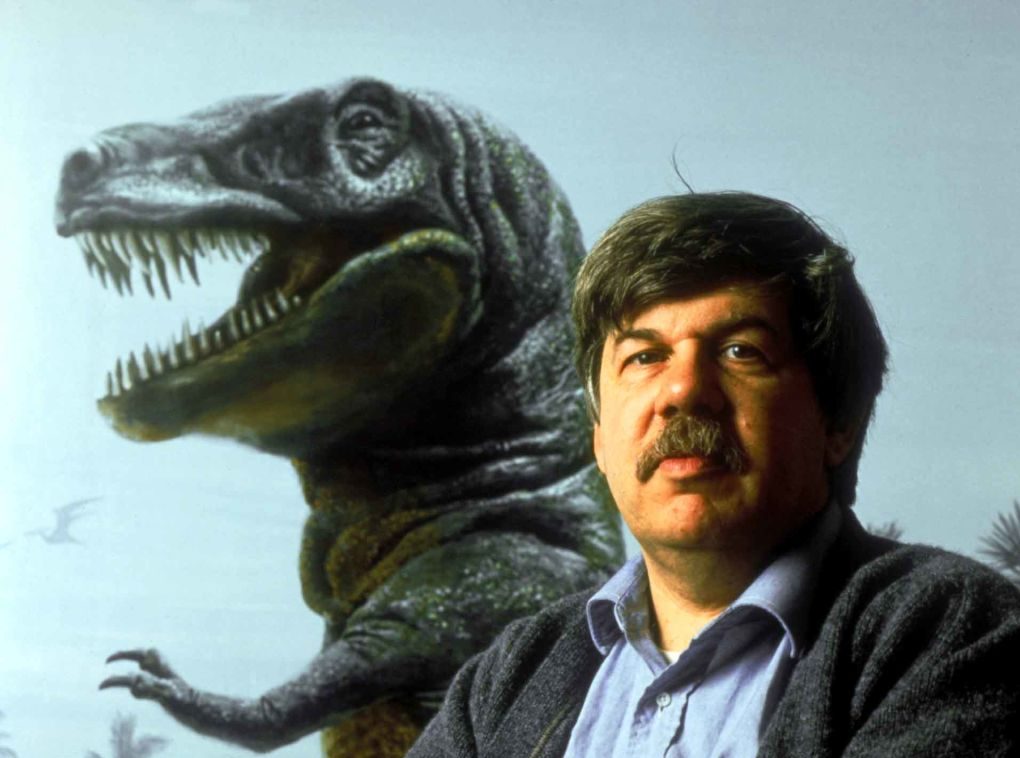—Stephen Jay Gould, “The Nonscience of Human Nature,” 1974
The American evolutionary biologist and historian of science Stephen Jay Gould’s column for Natural History magazine began as a way to balance the political convictions of his civil rights experiences with his desire to revolutionize evolutionary theory. As his career soared to new heights in later decades, his professional ambitions eventually eclipsed his leftist politics. But in the late 1970s, he was still using the column to address contemporary debates over science and politics. In the spring of 1976, he decided to weigh in on a controversy close to home with a column titled “Biological Potential vs. Biological Determinism,” which joined in the leftist criticism of the biologist Edward O. Wilson’s 1975 book Sociobiology: The New Synthesis.
By then, he and Wilson had been colleagues in Harvard’s biology department for several years. At first glance, Wilson’s book might not have appeared to be the most likely candidate to spark leftist outrage. It was a long academic volume that synthesized empirical work on a host of animal taxa with the aim of clarifying a new program for the evolutionary study of social behavior. Wilson was convinced that the qualities of social life — e.g., aggression, cooperation, and hierarchies — were as much a product of natural selection as were physical traits. And in what would become an infamous last chapter, he extended this argument to the study of human societies. The book was far more empirically grounded in its treatment of human evolution than the popular works of Robert Ardrey, Konrad Lorenz, and Desmond Morris, which had fed into narratives of inevitable race…
Auteur: Myrna Perez

